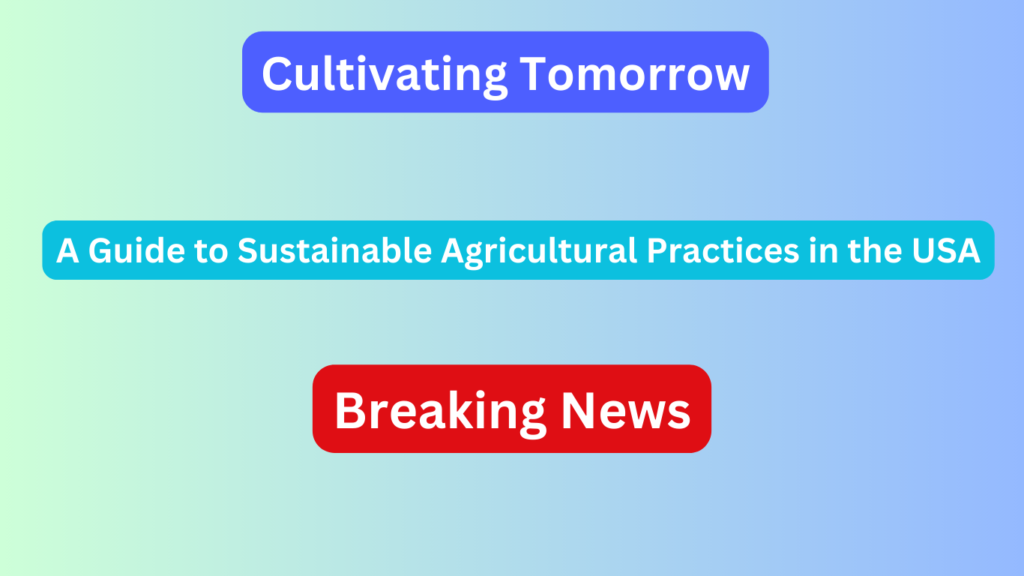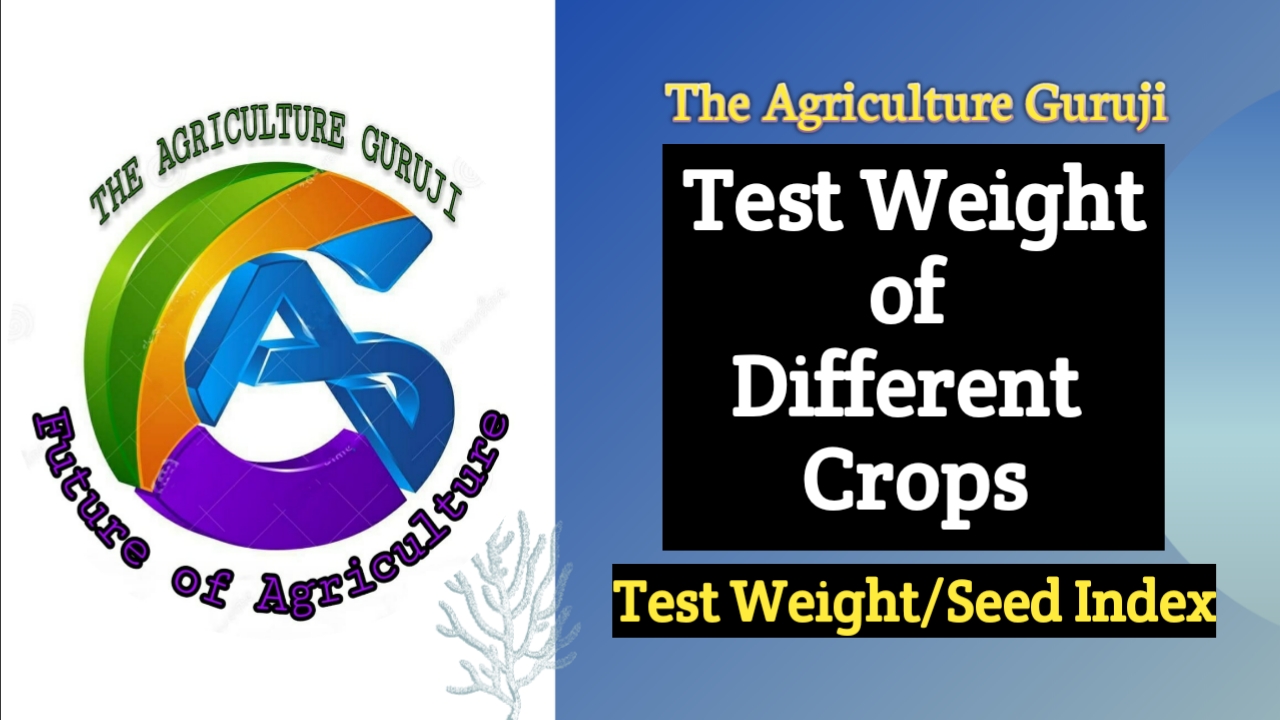
Cultivating Tomorrow: A Guide to Sustainable Agricultural Practices in the USA
Introduction:
In the heartland of the United States, where amber waves of grain meet modern innovation, a transformational shift is taking place in agriculture. Sustainable farming practices are gaining prominence as farmers across the country are adopting methods that not only nourish the land but also ensure the well-being of future generations. In this blog post, we’ll dive deeper into the field of sustainable agriculture, exploring its principles, benefits, and how American farmers are moving toward a more eco-friendly and resilient future.
Essence of Sustainable Agriculture:
Sustainable agriculture is not just a buzzword; It is a commitment to conserve the environment, promote economic viability and promote social responsibility. At its core, sustainable farming strives to find a harmonious balance between crop production, environmental protection, and community well-being.

Key principles of sustainable agriculture:
1. Crop Rotation and Diversity:
Sustainable farmers in the United States are moving away from monoculture, adopting practices such as crop rotation and diversification. This not only increases soil fertility but also reduces the risk of pests and diseases.
2. Precision Agriculture Technology:
Adopting technological innovations, American farmers are integrating precision agriculture techniques. This involves using data-driven insights to optimize the use of resources such as water, fertilizers and pesticides.
3. Conservation Tillage:
Conventional tillage can lead to soil erosion and loss of valuable nutrients. Sustainable farmers choose conservation tillage methods that minimize soil disturbance, preserve its structure and increase water retention.
4. Cover Cropping:
Cover crops, such as legumes and grasses, are planted during the off-season to protect and enrich the soil. These green blankets not only prevent erosion but also fix nitrogen, reducing the need for synthetic fertilizers.
Benefits of Sustainable Agriculture:
1. Environmental Protection:
By reducing reliance on synthetic inputs, sustainable agriculture reduces environmental pollution and preserves biodiversity. Healthy soils act as carbon sinks, mitigating the effects of climate change.
2. Economic Viability
Sustainable farming practices can have long-term economic benefits. Increased soil fertility, lower input costs and diverse revenue streams contribute to farmers’ financial resilience.
3. Community Empowerment
Sustainable agriculture fosters strong community relationships. Local farmers markets and community-supported agriculture (CSA) programs foster direct relationships between farmers and consumers, creating a sustainable food system.
Real stories from American farms:
Farmer Spotlight
Meet the Johnson Family of Iowa:
The Johnsons, a multi-generational farming family in Iowa, have adopted sustainable practices to protect their land for the future. Through precision agriculture and cover cropping, they have not only increased their crop yields but also reduced their environmental footprint.
conclusion:
Across the vast landscape of the United States, sustainable agriculture is not just an option; It is the responsibility of farmers who understand that their practices have a deep impact on the environment and society. As more American farmers adopt sustainable practices, the agricultural landscape is evolving toward a more resilient and eco-friendly future.
If you’re passionate about supporting the shift toward sustainable agriculture, consider shopping local, joining a CSA, or simply connecting with farmers in your community. Together, we can build a future where the seeds of sustainability will grow into a harvest of prosperity for all.

